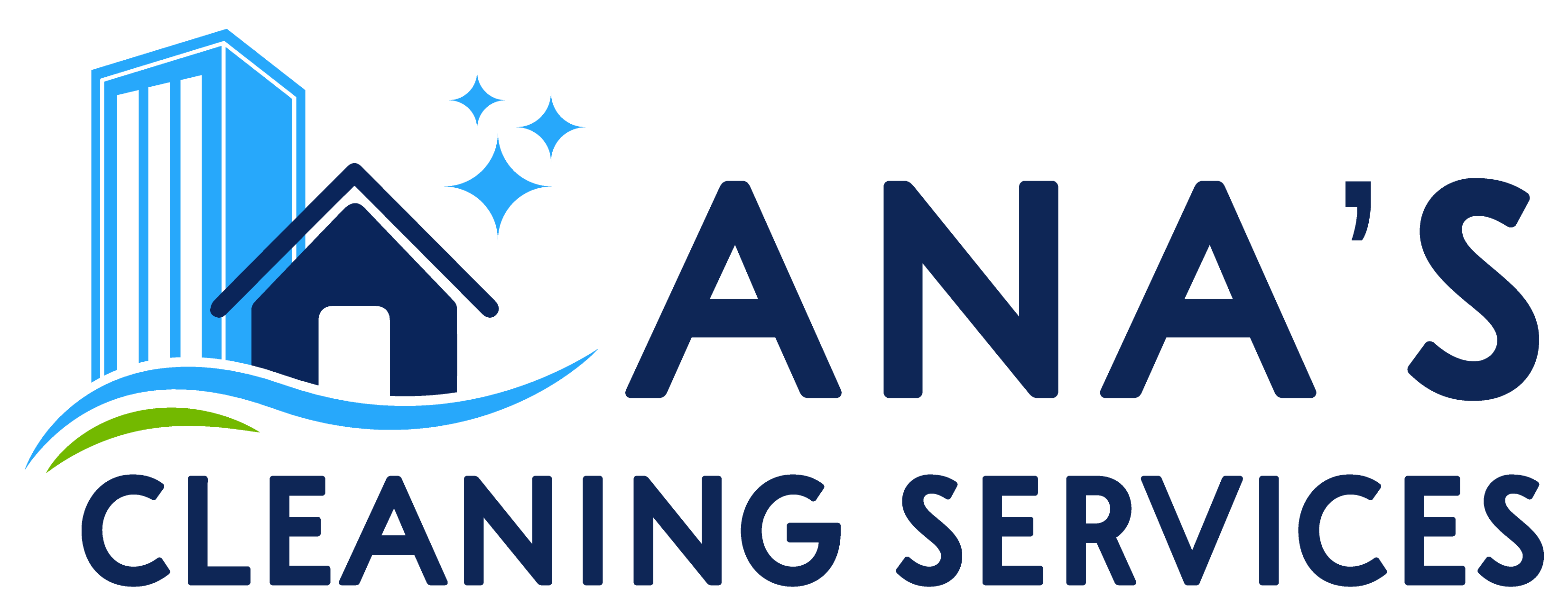The Difference Between Cleaning,Sanitizing, and Disinfecting
The Difference Between Cleaning, Sanitizing, and Disinfecting (And Why It Matters) Many homeowners use the terms cleaning, sanitizing, and disinfecting interchangeably. However, according to public health authorities such as the Centers for Disease Control and Prevention (CDC) and the U.S. Environmental Protection Agency (EPA), these processes are not the same — and understanding the difference is essential for maintaining a truly healthy home. Choosing the wrong method can leave harmful germs behind, even when surfaces appear clean. Knowing when each approach is necessary helps protect your household, improve hygiene, and prevent the spread of illness. What Is Cleaning? Cleaning is the process of removing visible dirt, dust, debris, and some germs from surfaces. This is typically done using soap or detergent combined with water. According to the CDC, cleaning works by physically removing contaminants rather than killing microorganisms. While this reduces the number of germs, it does not eliminate them completely. Examples of cleaning include: Wiping countertops with soap or cleaning solution Vacuuming carpets and rugs Dusting furniture and surfaces Mopping floors Cleaning is the essential first step in any hygiene routine because dirt and organic material can prevent sanitizers or disinfectants from working effectively. However, cleaning alone is often not enough in high-use areas of the home. What Is Sanitizing? Sanitizing reduces the number of germs on surfaces to levels considered safe by public health standards. The EPA explains that sanitizing products lower bacteria counts but may not eliminate all viruses or microorganisms. Sanitizing is commonly used in environments where reducing microbial presence is sufficient for safety. Common sanitizing areas include: Kitchen counters after food preparation Dining surfaces Frequently touched household surfaces Sanitizing provides an added level of protection beyond basic cleaning, especially in kitchens and shared living spaces. What Is Disinfecting? Disinfecting is the most intensive level of surface treatment. It uses EPA-approved chemicals designed to kill bacteria and viruses on hard, non-porous surfaces. The CDC recommends disinfecting high-touch surfaces, particularly during cold and flu seasons or when someone in the household is sick. High-touch surfaces that benefit from disinfecting include: Door handles Light switches Bathroom fixtures Remote controls Frequently used electronics and surfaces Disinfecting does not necessarily remove dirt, which is why cleaning must always happen first. Without proper preparation, disinfectants may not work as intended. Why the Difference Matters in Everyday Homes Many households unknowingly rely on only one method when different areas require different approaches. For example: A kitchen may need cleaning followed by sanitizing. Bathrooms often require cleaning and disinfecting. Living areas benefit from routine cleaning combined with targeted disinfecting of touchpoints. Using incorrect methods can result in lingering bacteria, persistent odors, and reduced indoor hygiene even when regular cleaning is performed. Public health guidance consistently emphasizes that proper technique — not just effort — determines cleaning effectiveness. Why Professional Cleaning Makes a Real Difference Professional residential cleaning services apply cleaning, sanitizing, and disinfecting strategically rather than randomly. Each area of the home requires specific methods, products, and timing to achieve effective results. Professional cleaners understand: Which surfaces require disinfecting versus sanitizing How long disinfectants must remain on surfaces to work properly (known as dwell time, defined by EPA standards) How to prevent cross-contamination between rooms The correct order of cleaning to maximize effectiveness Without this structured approach, even frequent home cleaning may leave important areas insufficiently treated. Protecting Your Home Requires More Than Surface Cleaning Modern households face constant exposure to germs through daily activities, visitors, pets, and shared surfaces. Maintaining a clean appearance is important, but maintaining hygienic conditions requires deeper attention and proper methods. Professional cleaning ensures that every space receives the appropriate level of care — cleaning where dirt accumulates, sanitizing where food preparation occurs, and disinfecting where germs spread most easily. Schedule Professional Cleaning for a Healthier Home Environment Understanding the difference between cleaning, sanitizing, and disinfecting highlights why professional residential cleaning services provide lasting value. Proper techniques help maintain healthier living spaces while saving homeowners significant time and effort. Ana’s Cleaning Services provides detailed residential cleaning designed to meet modern hygiene standards. Each service applies the appropriate cleaning methods based on the needs of the home, ensuring thorough and consistent results. Scheduling professional service helps reduce germ buildup, maintain a healthier environment, and keep homes consistently clean without added stress. Request a free estimate today and secure your next residential cleaning appointment. Availability is limited due to ongoing service demand.
Read More

